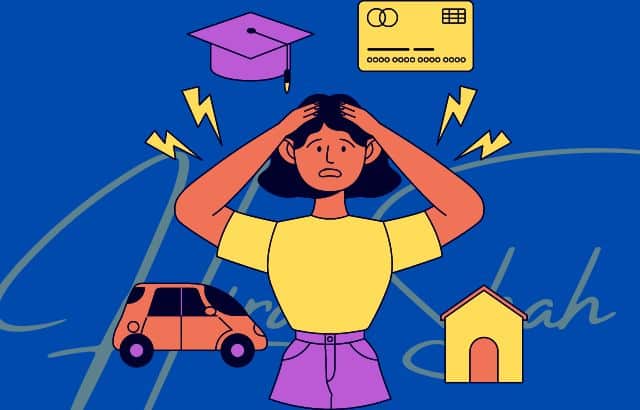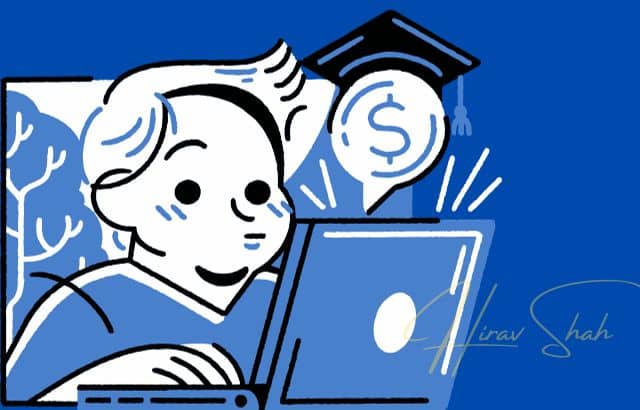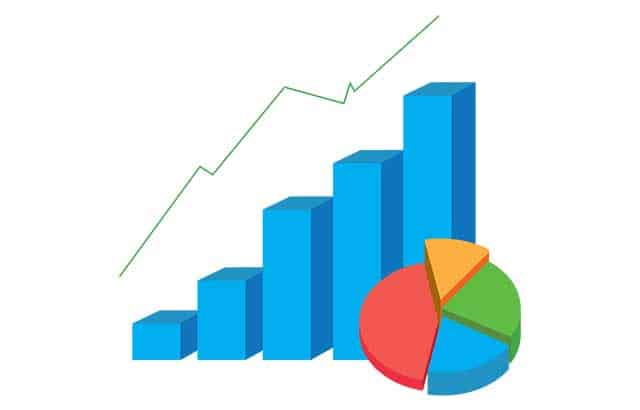In an era of globalization, pursuing education in foreign institutes has become a cherished goal for many Indian students. As the world opens its doors to endless possibilities, the financial aspect often becomes a crucial consideration. Education loans present a viable solution for those aspiring to study abroad, offering the prospect of turning dreams into reality.
- Understanding the Importance of Education Loans: Embarking on an academic journey overseas requires careful financial planning. Education loans act as a bridge, providing students with the necessary funds to cover tuition fees, accommodation, and other associated costs.
- Researching Loan Options: Not all education loans are created equal. Students must conduct thorough research to identify the loan options that best suit their needs. Factors such as interest rates, repayment terms, and the credibility of financial institutions should be carefully considered.
- Calculating Realistic Loan Amounts: It’s crucial for students to calculate the exact amount they need to borrow. This involves estimating tuition fees, living expenses, and any other miscellaneous costs. A realistic approach ensures that students neither over-borrow nor find themselves underfunded during their academic journey.
- Exploring Scholarship Opportunities: While education loans provide financial support, exploring scholarship opportunities can significantly ease the financial burden. Indian students should actively seek out scholarships offered by foreign universities, governmental bodies, and private organizations to supplement their funding.
- Planning for Repayment: Understanding the repayment process is essential. Indian students need to create a feasible repayment plan, factoring in their post-graduation financial situation. Awareness of interest rates, grace periods, and available repayment schemes can help students manage their finances responsibly.
Pursuing further studies through educational loans is a commendable decision. It empowers you to stand on your own feet, free from financial dependency on family and relatives. The prospect of securing your education loan and repaying it once you start earning can fill you with a profound sense of accomplishment. In a recent conversation with the celebrated Astro Strategist and Business Astrologer, Hirav Shah, we delved into the realm of education and finance. With a unique blend of knowledge in sports, engineering, and astrological science, Hirav Shah is renowned for devising high-level strategies that yield fruitful results in the business world.
Hirav Shah underscores the transformative power of education, quoting Nelson Mandela, “Education is the most powerful weapon which you can use to change the world.” However, the rising cost of higher education has led to a doubling of student loans over the last five years, accompanied by an alarming increase in loan defaults. Becoming a loan defaulter can have serious consequences, including being banned from obtaining loans from banks or financial institutions. In this article, Hirav Shah shares insights into common mistakes students make while securing and repaying educational loans, enabling you to embark on a smooth journey towards a bright future.
Table of Contents
Not Exploring Alternate Options:
The first mistake students often make is not exploring alternative college options. Sticking to a particular college solely because of its popularity or peer influence might not be the wisest choice. Hirav Shah suggests considering colleges that offer similar courses at lower fees, ensuring that you receive the same quality of education and equal job opportunities without compromising your goals.
Not Doing Sufficient Research:
Many students hastily opt for the first educational loan they come across without conducting thorough research. It’s essential to leverage the vast resources available on the internet, from crowdsourced question-answer sites to aggregator platforms that allow you to compare lenders’ features and make informed decisions.
Borrowing More Than Necessary:
Some banks and lenders may encourage students to borrow more than they actually need. Hirav Shah advises against this, emphasizing that excessive loan amounts result in higher interest payments. Educational loans are intended to support your education, not finance a lavish lifestyle. Borrow what you need, no more.
Avoid Over-Optimistic Repayment Plans:
Hirav Shah advises against selecting overly optimistic, short repayment schedules. It’s more prudent to opt for a slightly longer repayment tenure that you can comfortably manage. Rushing into quick repayment plans may lead to defaults and additional late payment charges.
Ignore Prepayments at Your Own Peril:
Making prepayments before commencing your university studies can significantly reduce the total interest you need to pay. If you secure a job before the official repayment schedule begins, consider making prepayments to alleviate the financial burden when it’s time to repay the loan.
Conclusion
In summary, embarking on an international academic journey is an invaluable investment in one’s future, and education loans serve as a crucial resource for Indian students aspiring to study abroad. Hirav Shah emphasizes the significance of informed decision-making and avoiding common pitfalls to successfully transform aspirations into achievements. His powerful reminder underscores the prioritization of education over immediate expenses, reinforcing the idea that the cost of education should not hinder the pursuit of one’s dreams. Shah’s sage advice serves as a guiding light for students navigating the financial aspects of their educational journey, emphasizing the long-term benefits of investing in knowledge and innovation.





























